500,000 march on Washington to protest Trump presidency
Hundreds of thousands of people from across the United States descend on Washington to voice their anger and anxiety over Donald Trump’s presidency a day after he took the oath of office.
The Women’s March on Washington, which organizers said attracted half a million people on Saturday, seeks to raise awareness of women's rights and other civil rights, that many Americans fear could be under threat by the new president.
The city's subway reported 275,000 travels by 11 am, compared to 193,000 trips made on inauguration day.
Trump angered many at home and abroad by repeatedly making disparaging remarks about women, Muslims and immigrants during his bombastic presidential campaign.
The Women’s March, which began with a Facebook call by a Hawaiian grandmother in the aftermath of Trump’s election victory in November, is predicted to become one of the largest political demonstrations ever seen in the US capital.


Organizers said demonstrators were going to Washington on their own, using buses and trains from distant locations.
“We will witness one of the largest and most significant demonstrations for social justice in America’s 240-year history,” said Crystal Hoyt, an associate dean at the University of Richmond.
“By stoking and exploiting fear, Trump mobilized deep-seated sexism, racism, and xenophobia to gain political traction,” she added.
The march comes the day after Washington was rocked by violent protest against Trump, highlighting the depth of frustration in a deeply divided country unseen in decades.
While the march has been organized in response to Trump’s presidency, some marchers said they did not mean to attack him personally.
"I wouldn't call it an anti-Trump march, I would call it a 'We are watching you, Trump' kind of march," said Ayesha Ahmed, who came from Chicago with the Muslim Women's Alliance, according to NBC News.
Many of the protesters said they had not been politically active in the past, but the divisive nature of the 2016 election awakened their civic duties.
Mary Hornig, a grandmother who came from Virginia with three family members, said she participated in the march "for the future. Now and the future."
She acknowledged that Trump might not listen to their message, but added, "I'm hoping some of the other Republicans might."
“We have put this man in the office who is a terrible role model, teaching people that bullies are acceptable and women are property,” said protester Kelly Hansen, 32, who traveled to Washington from Boston.
“It’s completely unacceptable,” she added. “It’s setting us back 50 years.”
- Donald Trump sworn in as US president
- World leaders react to Trump’s inauguration
- US police arrest 200 anti-Trump protesters
- ‘Trump will bring the world closer to war’
- Brits protest against Trump inauguration
Trump defeated his Democrat rival, Hillary Clinton, on November 8 and took to the oval office on Friday.

Alongside with the Women’s March on Washington, more than 600 "sister marches" have been planned around the United States. Some of the largest rallies were held in Boston, New York, Chicago and Los Angeles.
Law enforcement authorities will be on alert for any new flare-up of violence.
Anti-Trump protests sweep world
Thousands of people are also marching through the British capital, London, to show solidarity with those who are gathering for the main march in Washington.
Demonstrators were marching from the US embassy in London's Grosvenor Square, to Trafalgar Square on Saturday.
Similar protests are also taking place across the UK in Belfast, Cardiff, Edinburgh, Lancaster, Leeds, Liverpool, Manchester, Bristol and Shipley.


At least 700 sister marches were planned around the world on Saturday. Women in more than 30 other countries took to the streets to march against Trump.
Rallies have already taken place in Paris, London, Berlin, Amsterdam, Mexico City, Bangkok, Delhi, Cape Town, Tokyo and other cities across the world in solidarity with Washington marchers.
Occupation of Syria’s highest peak Mount Hermon part of ‘Greater Israel’ project
Iran: Syrian people will decide their future without foreign interference
IRGC says Iran’s power exceeds borders, warns enemies to adjust themselves
Dozens detained, several wounded in Israeli raids in West Bank
‘Ethnic cleansing’: Hamas blasts Israeli attacks on Gaza hospital amid intl. silence
Saudi delegation meets HTS leader at presidential palace in Damascus
Relentless Israeli ceasefire violations justify need for self-defense: Lebanese MP
Tel Aviv tells Damascus Israeli forces will remain in occupied territory: Report


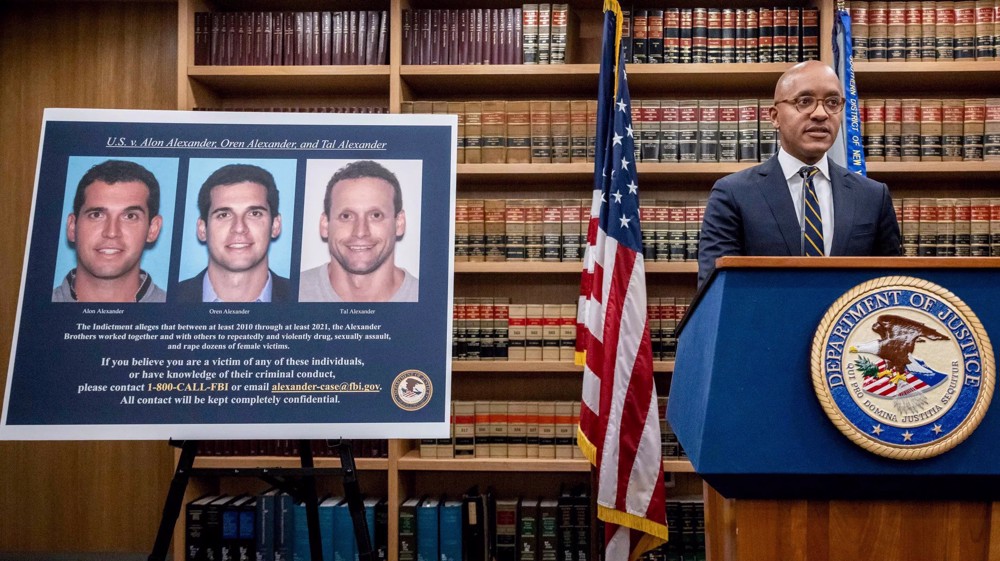
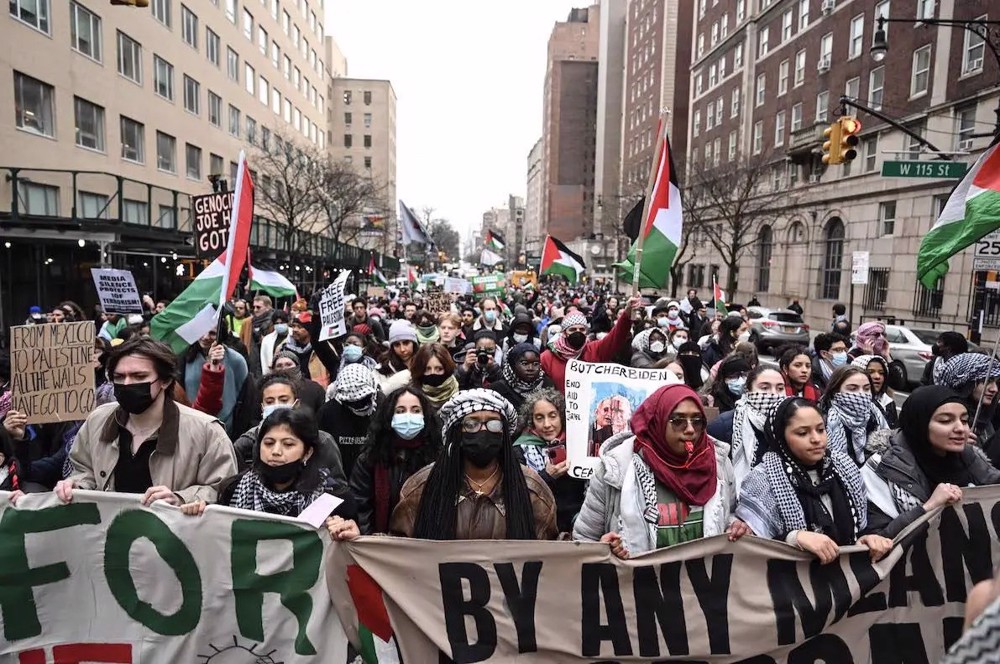
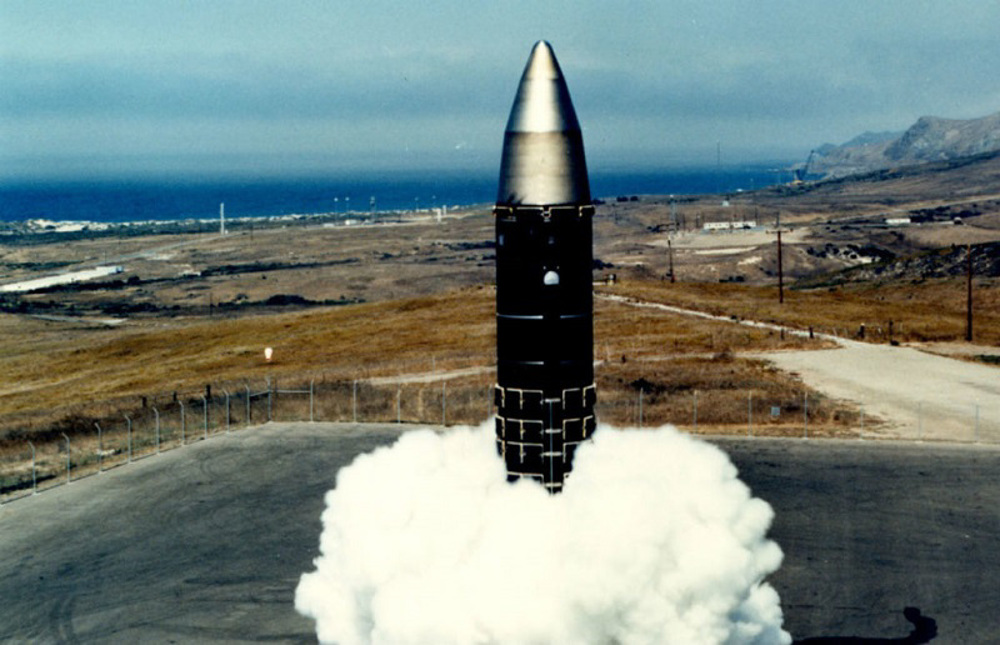



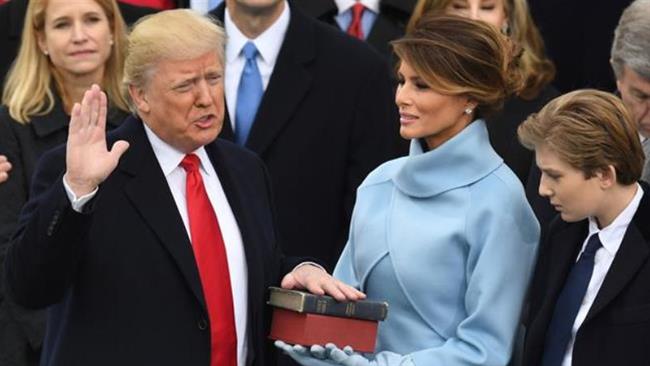
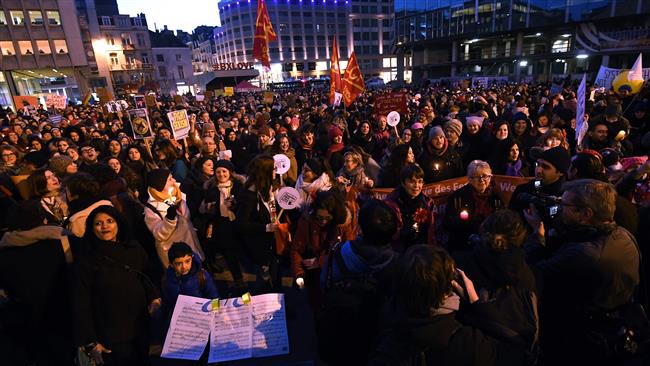
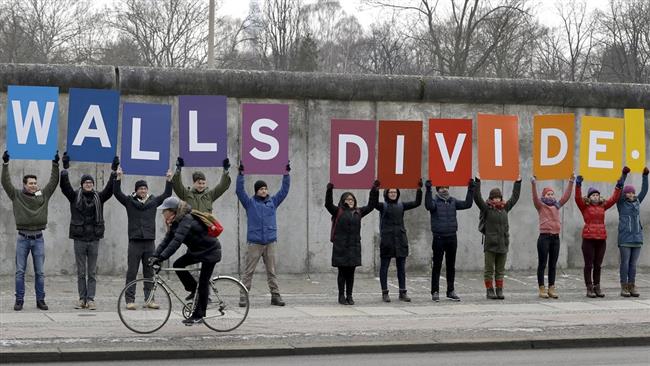

 This makes it easy to access the Press TV website
This makes it easy to access the Press TV website